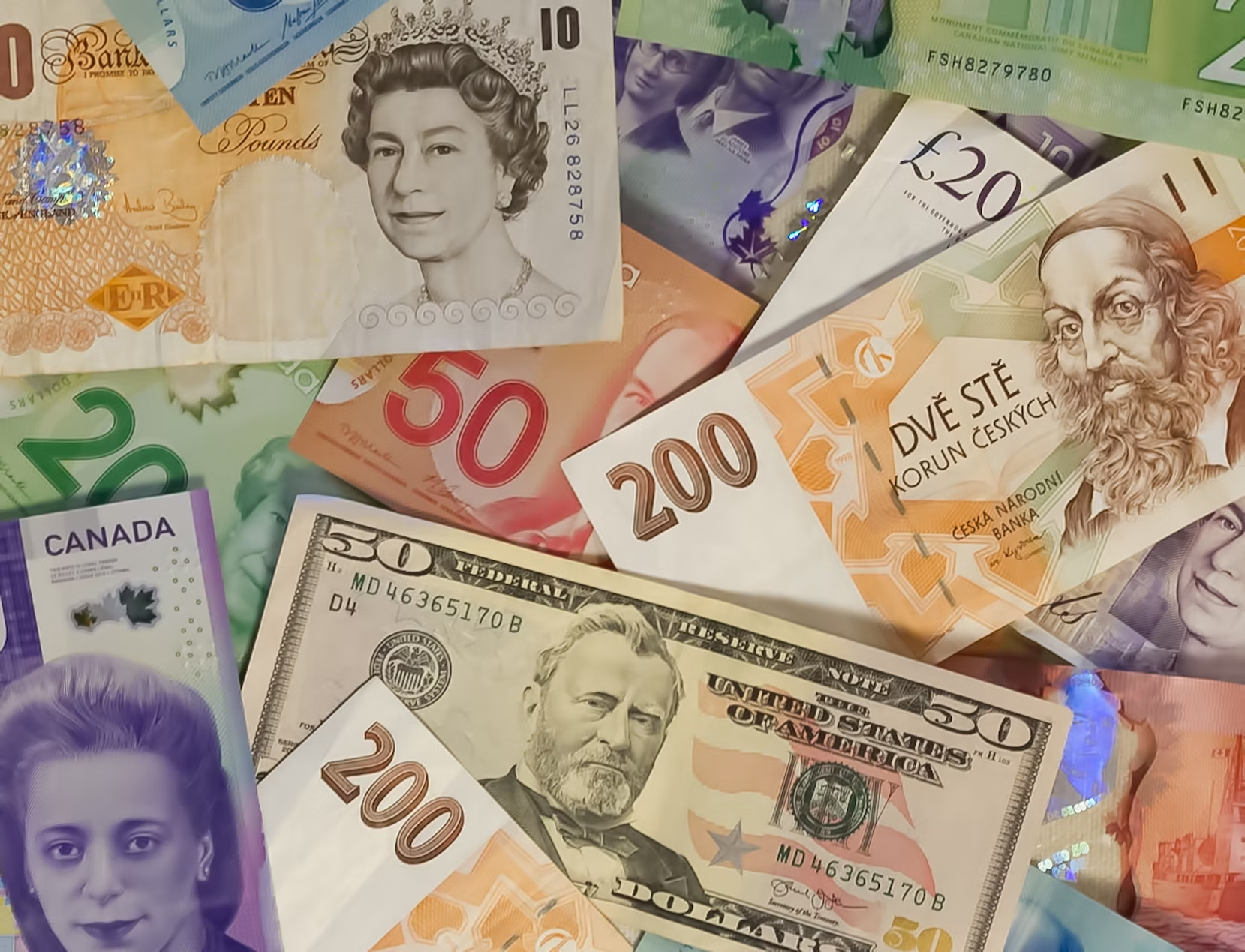The Bank of England unexpectedly halted its series of interest rate hikes after new data showed inflation slowing, sending sterling lower. In contrast, the Bank of Japan maintained its ultra-easy monetary policy, sending the yen lower versus the dollar and raising intervention risks. The BoE is concerned about recession risks, while the BoJ is still focused on boosting inflation. The divergence in central bank policies caused currency market fluctuations, with sterling falling and the yen weakening further. Going forward, the BoE will monitor the economy closely for signs of persistent inflation before hiking again, while the BoJ laid the groundwork for eventually exiting stimulus. However, both central banks remain data-dependent, balancing inflation risks with recession concerns.
EQUITY
The Fed's hawkish stance has led to broad sell-offs, with the Dow, S&P 500, and Nasdaq all closing over 1% lower as Treasury yields reached new highs and investors grew concerned about the potential for recession. Semiconductor stocks declined following a report that Google may drop Broadcom as a supplier, while FedEx shares jumped over 4% after beating earnings estimates and raising guidance. Splunk jumped 20% after Cisco announced that it would acquire the cybersecurity firm for $28 billion.
GOLD
Gold prices dropped sharply on Thursday, turning into a clear downtrend, as the US dollar surged to a six-month high following the Federal Reserve's hawkish policy outlook that pushed long-term bond yields. The Fed's projections show sustained high interest rates through 2024, while stronger labour markets and persistent inflation raise the likelihood of rates staying elevated for the foreseeable future.
OIL
Oil prices have seesawed this week between worries over tightening supply and fears that interest rate hikes could dampen demand, but remain set for a weekly decline after a month of gains. Saudi Arabia's target of $100 per barrel may be realised soon as the U.S. is actively refilling its strategic petroleum reserve, although the inflationary pressure may lead to a drawdown.
CURRENCY
The Bank of Japan maintained its ultra-dovish policy, disappointing some investors and causing the yen to weaken further against the dollar. Former IMF official Mark Rosen endorsed Argentina adopting the US dollar to combat high inflation, though the idea has drawn scepticism regarding its feasibility. The 10-year U.S. Treasury yield peaked at 4.5%, its highest since 2007, and like 2007, a credit event is expected as VIX jumped 16%.













